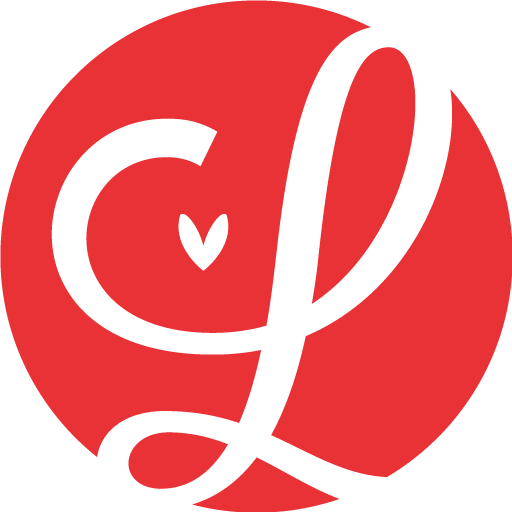Microsoft Partner Marketing Program
Polishing the process to produce thousands of custom assets
Microsoft’s Partner Demand Generation Program (PDG) enables businesses within Microsoft’s 300k partner ecosystem to run custom, co-branded marketing campaigns that drive demand and intelligent lead generation opportunities at a global scale.
This highly successful program has generated 2,500+ campaigns for over 300 Microsoft partners, generating 150k qualified leads and influencing over $500M in revenue in FY2020.
Personal contributions:
240+ visual concepts designed
800+ co-branded deliverables executed
Lead art direction for 38% of the 400+ FY 2019/2020 campaigns
The [designer’s] challenge:
For each campaign, the designer’s role consists of three stages:
Absorb and establish a thorough understanding of each new partner’s B2B unique solution, brand, and campaign’s strategy
Thoughtfully design and present multiple on-brand, on-target, visual concepts that delight the partner
Execute custom, co-branded deliverables in a high-quality, high-value, high-volume capacity.
Designer’s receive 2–3 campaign kickoffs each week, with each campaign averaging an eight-week span. Digesting, recalling, and executing an ever-rotating carousel of brand information became an additional challenge to a demanding schedule.
The opportunity
As the program rapidly grew, I intuitively saw the need for an additional set of templates and tools, that would allow designers to quickly approach the continual influx of each new brand and brief with a fresh set of eyes.
The solution
I helped establish an agile new designer’s toolkit, including:
Creating multi-platform, layered, template files
Designing and sharing a library of e-book layout wireframes that set the stage for quick, flexible customization
Developing a robust set of paragraph and character styles to established cross-campaign consistency and design efficiency
Recording and sharing time-saving action-scripts that cut down repetitive manual tasks
Curating central location of received (and found) Microsoft visual assets for team use
Setting and detailing step-by-step process checklists for each design stage of the campaign
These time-saving tools allowed the team’s creative energy to shift from “how??”, back to the “why”, returning each new campaign to a fun creative challenge, rather than an overwhelming download of information and implementation.















